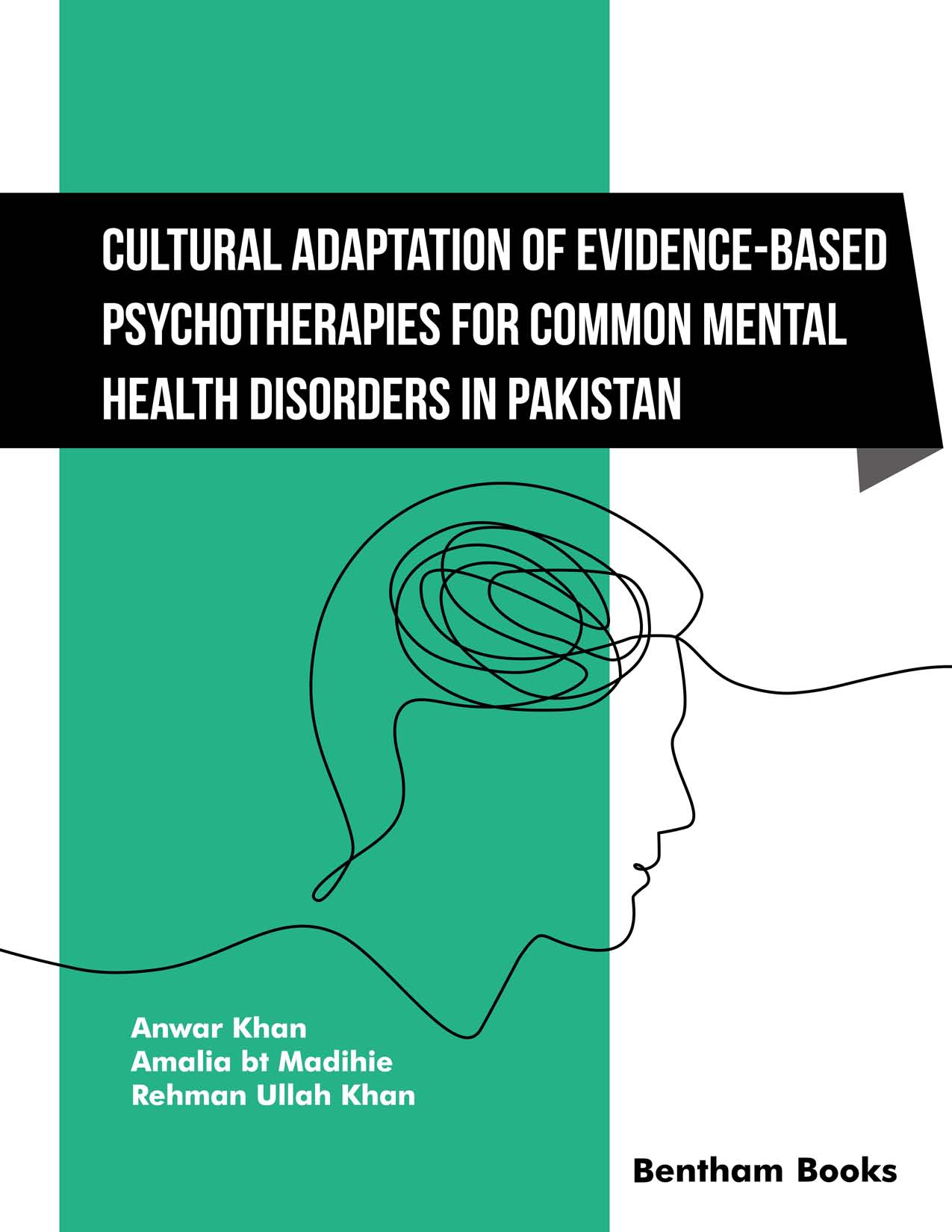Introduction
Cultural Adaptation of Evidence-Based Psychotherapies for Common Mental Health Disorders in Pakistan offers a comprehensive overview of practical psychotherapy in a Pakistani cultural context. The authors aim to bridge knowledge gaps for practitioners who may be familiar with conventional methodologies and want to understand the subject from a regional perspective. The content includes seven meticulously written and referenced chapters that start with an overview of evidence-based therapy, progressing to modern psychotherapy techniques. The book concludes with information intended to guide the reader to adapt psychotherapy practices in Pakistani cultural settings.
The atlas covers a wide range of conditions, including infectious and inflammatory cheilitis, traumatic lip diseases, and systemic immunological disorders like lichen planus and pemphigus vulgaris. It also addresses labial manifestations of systemic diseases, vascular pathologies, and potentially malignant disorders such as squamous cell carcinoma. Additionally, the guide explores pigmented lesions and introduces innovative treatment protocols like phototherapy and photodynamic therapy.
Key Features
- - Provides an introductory overview of evidence-based psychotherapyQuick and easy-to-read medical reference
- - Provides an overview of psychotherapy practice in Pakistan
- - Covers advanced technologies used in psychotherapy like Eye Movement Desensitization and Reprocessing, and Cognitive Behavioral Therapy to effectively address conditions such as post-traumatic stress disorder, depression, and anxiety
- - Suggests culturally sensitive methodologies for practitioners working in Pakistani communities
This book is an ideal reference for clinical psychology researchers, psychotherapists, mental health counselors, academicians, and students. The insights in the book are invaluable, not only for Pakistani readers but also for those across Asia, providing a comprehensive blueprint for culturally adapting psychotherapies to diverse contexts.
Readership
Clinical psychologists, researchers, psychotherapists, community and mental health counselors, academicians, and students (psychology, psychiatry).

